| Registro
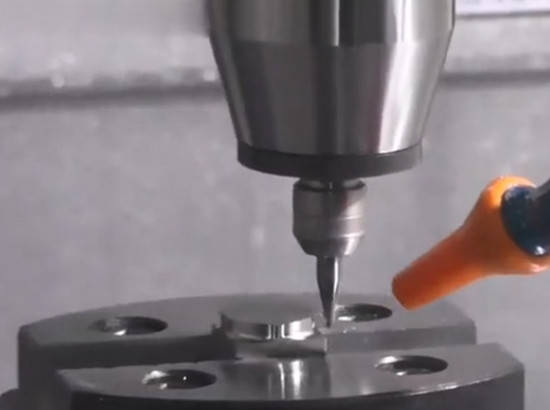
The mold manufacturing sector is undergoing a transformative shift as companies adopt robotics and Industry 4.0 technologies to tackle rising demand, labor shortages, and precision requirements. From AI-driven design to fully automated production lines, these innovations are redefining efficiency, accuracy, and scalability in mold fabrication.
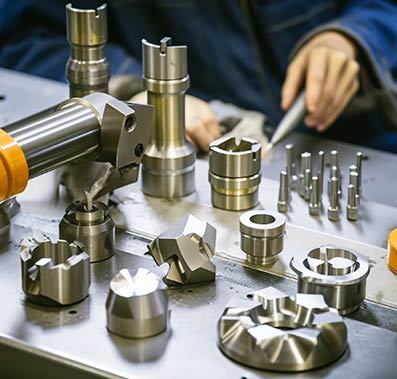
Smart Factories Take Center Stage
Leading manufacturers are integrating collaborative robots (cobots) into workflows to handle repetitive tasks like CNC machine tending, part inspection, and mold polishing. Equipped with sensors and machine vision, cobots work alongside human operators, reducing errors and accelerating cycle times by up to 30%, according to industry reports.
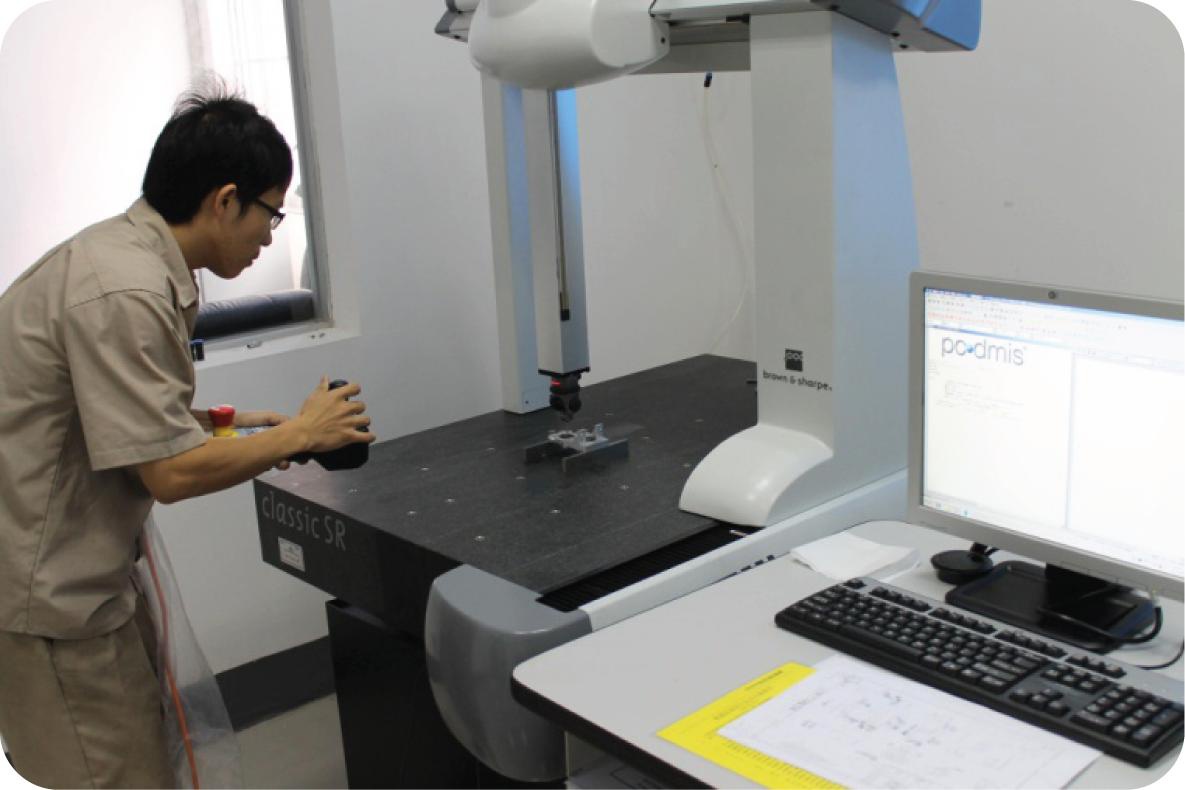
IoT and Predictive Maintenance
IoT-enabled systems are revolutionizing mold maintenance. Sensors embedded in molds monitor temperature, pressure, and wear in real time, feeding data to AI platforms that predict tool failures before they occur. This proactive approach has slashed unplanned downtime by 40% for early adopters like westfield company.
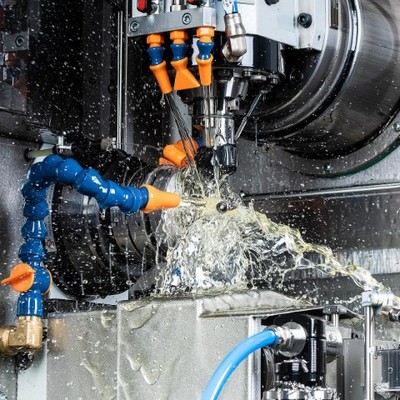
AI-Optimized Design and Simulation
Generative AI tools now assist engineers in creating lightweight, high-performance molds. By analyzing historical data and material properties, algorithms suggest optimal cooling channel layouts, gate placements, and ejection systems—cutting design time by half while improving part quality.
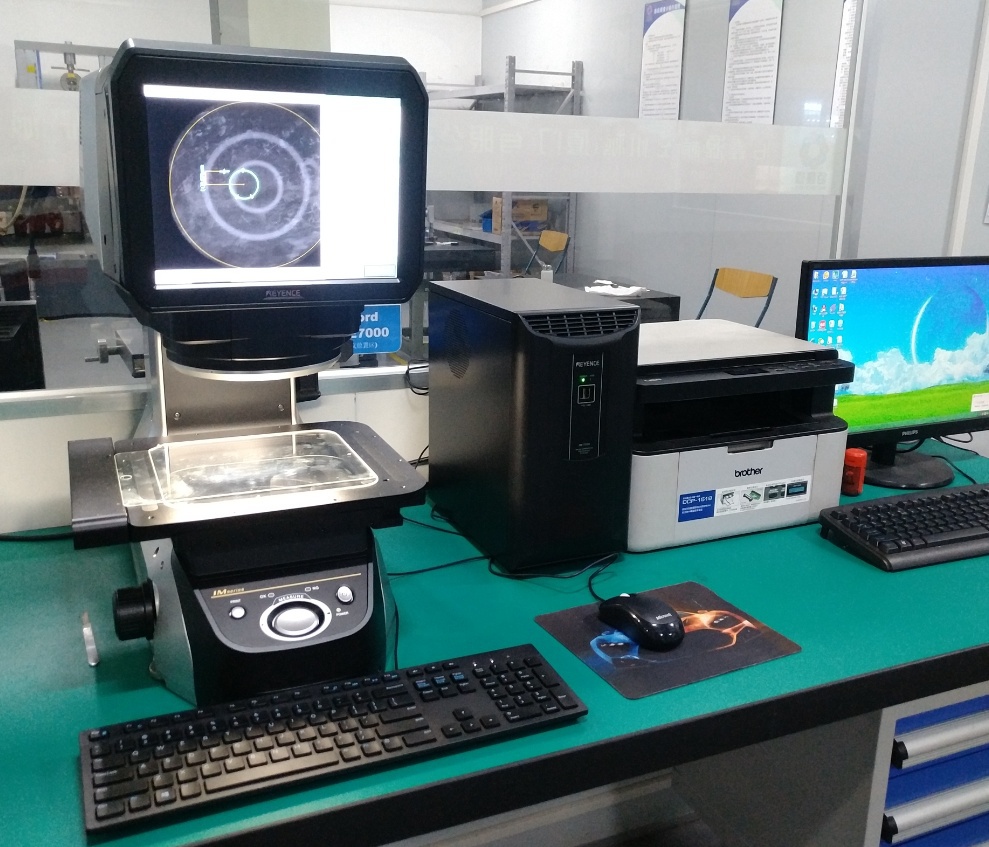
Digital Twins for Seamless Scaling
Digital twin technology allows manufacturers to simulate entire production processes virtually. Companies like [Example Company] use these models to test automation workflows, troubleshoot bottlenecks, and replicate successful systems across global facilities.

Digital Twins for Seamless Scaling
Digital twin technology allows manufacturers to simulate entire production processes virtually. Companies like [Example Company] use these models to test automation workflows, troubleshoot bottlenecks, and replicate successful systems across global facilities.
Challenges and Future Outlook
While automation promises significant ROI, barriers remain, including high upfront costs and the need for upskilled labor. However, with the global smart manufacturing market projected to reach $620 billion by 2030 (Grand View Research), industry leaders are prioritizing partnerships with tech providers to stay competitive.
“Industry 4.0 isn’t just about machines—it’s about creating agile, data-driven ecosystems,” says westfield CTO of WESTFIELD . “The future belongs to manufacturers who seamlessly blend robotics, AI, and human expertise.”As automation reshapes mold manufacturing, companies embracing these solutions are poised to lead in precision, sustainability, and speed-to-market.